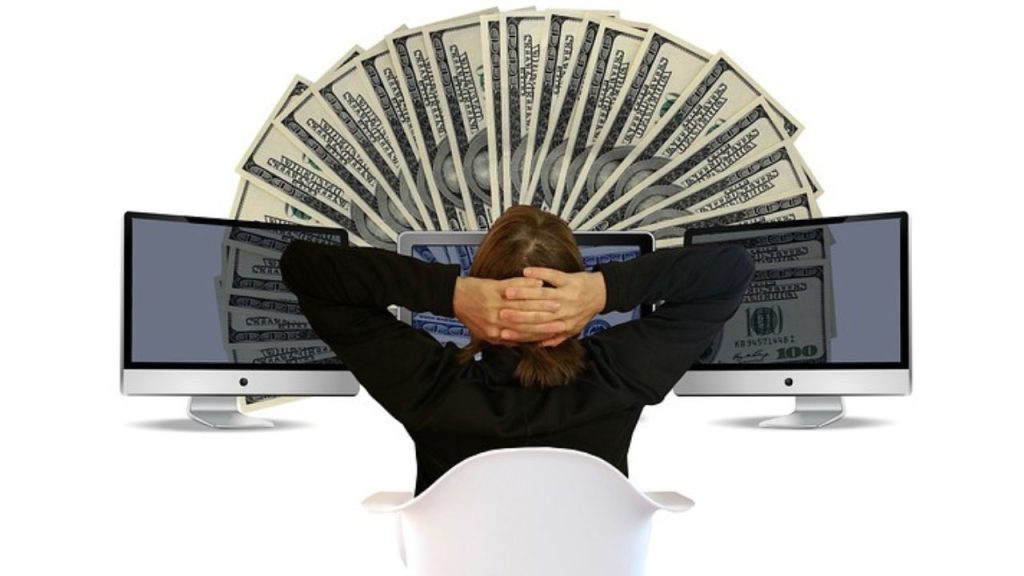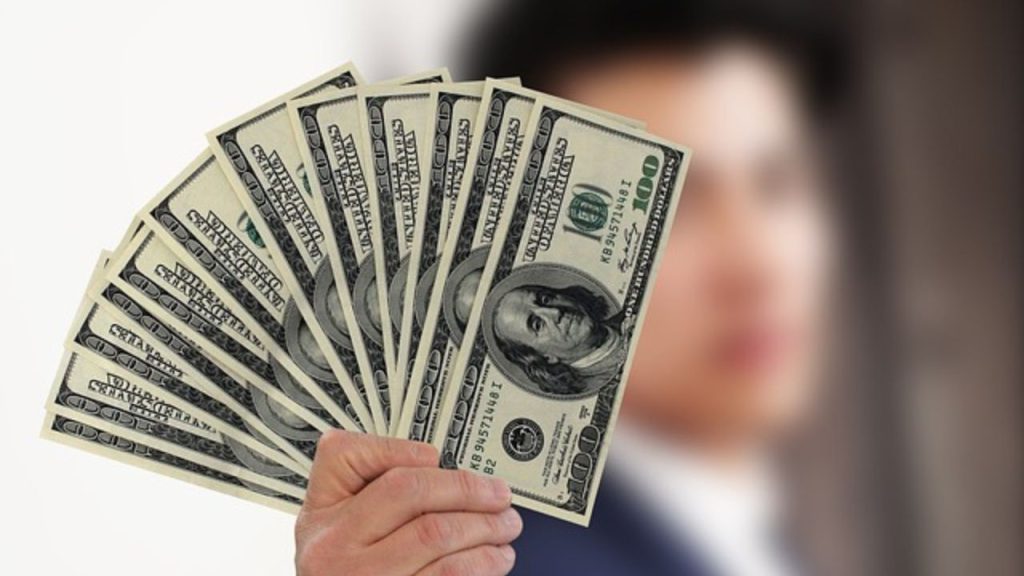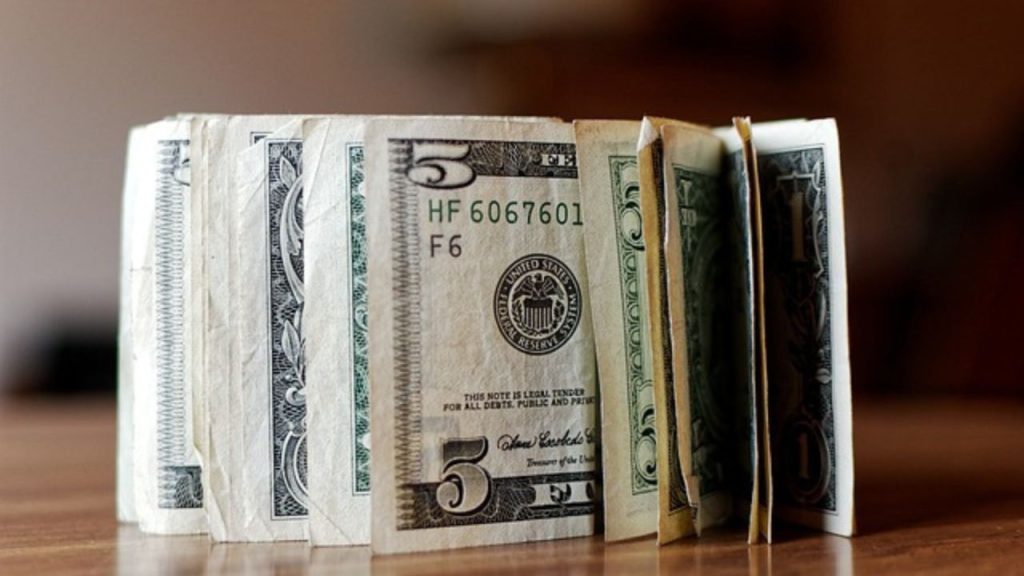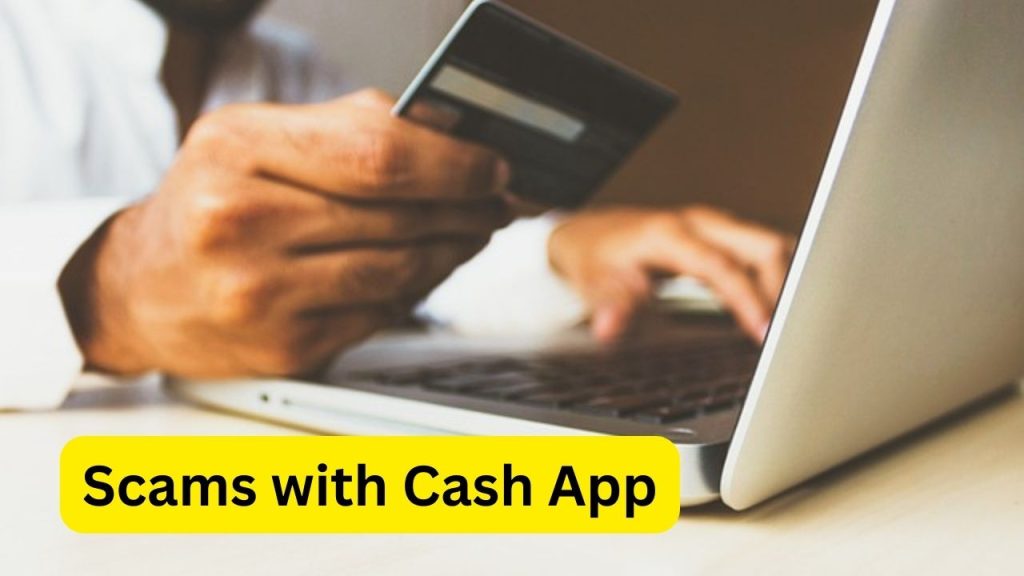Learn how to avoid common scams with Cash App, including the truth about clearance fees and cash flipping schemes. Stay safe with these tips and protect your money!
In today’s fast-paced digital world, peer-to-peer payment apps like Cash App have become essential for quick money transactions. Sending a birthday present, paying rent, or sharing a restaurant bill is all made wonderfully easy with Cash App. But, with something this easy to use, there’s a potential for fraud and frauds to target you. A often requested question by users is “Will Cash App ask for a clearance fee?”
Here’s a spoiler alert: It won’t! Let’s take a closer look at how to safeguard your finances and avoid common scams with Cash App.
What is Cash App

Let’s take a brief look at Cash App before talking about frauds. Through the Cash App, a mobile payment service created by Square, Inc., users may send money to one another via a smartphone app. Peer-to-peer payment services are highly popular in the US, with over 40 million users. Your Cash App account allows you to transfer, receive, and keep money. It also allows you to make purchases with a Cash Card, a physical debit card that is connected to your balance.
– ATM Withdrawal Fee:
Cash App charges a $2–$2.50 fee if you use your Cash Card to make an ATM cash withdrawal. However, if you get $300 or more in direct deposits each month, this cost is eliminated.
Any additional payments (particularly “clearance fees”) above these reasonable rates are probably part of a scam.
How to Scams with Cash App

Regrettably, con artists seem to follow money wherever it is. In order to protect yourself from falling victim, let’s examine some of the most prevalent Cash App frauds.
Typical Cash App Frauds to Be Aware of
1. Scam of the Clearance Fee
The “clearance fee” fraud is one of the most prevalent, as we just discussed. In this case, a con artist will demand payment of a sum (referred to as a “clearance fee”) prior to disbursing funds. The con artist may state that you owe them a substantial amount of money, but in order to “clear” or “release” the money, you must pay a modest charge. It’s a fraud, this. If someone asks for a fee to receive money, you should be extremely suspicious because Cash App never charges one.
2. Scam of Cash Flipping
Ever notice those seemingly too good to be true social media offers? Often, con artists entice victims with the promise of turning a little investment into a sizable sum. For instance, the con artist may ask for $100 from you and claim to “flip” it into $1,000 using a clever technique. Although it seems alluring, it’s just another scam to steal your money. The con artist vanishes after you transfer the $100, leaving you with nothing in your wallet.
3. Concealed Customer Assistance
A cunning con includes impersonating Cash App customer support agents. Online scammers publish phony Cash App support phone numbers and email addresses. When you get in touch with them, they can request that you send them a message or ask for your account details, such your password or PIN.
4. Scams Using Cash App Giveaways
Scammers also pretend to be influencers or businesses giving free Cash Apps. They will request your Cash App tag and offer you money in exchange for promoting their giveaway or paying a little amount for them to validate your account. They disappear when you submit the payment or announce the giveaway. Take care when giving things away. It’s nearly always a scam if someone asks for money up front with the intention of giving it to you later.
5. Disguised Job Offers
Fake job offers are another popular scam in which con artists promise you a work-from-home job but want payment in exchange for training or an upfront charge (sometimes known as a “clearance fee”). They might request Fake job offers are another popular scam in which con artists promise you a work-from-home job but want payment in exchange for training or an upfront charge (sometimes known as a “clearance fee”). They could use Cash App to request payment and justify it as necessary for certification or background checks. Sincere employers will never want money in exchange for a job offer.
A Guide to Avoiding Cash App Fraud

After discussing the most typical frauds, let’s discuss how to be safe when using Cash App. You can protect your account and stay away from con artists by following these recommendations.
1. Avoid Paying a Commission
As previously stated, there are no clearing costs associated with Cash App. Anyone requesting one is likely attempting to con you. Recall that any payment request that includes additional costs on top of Cash App’s stated fees is cause for concern.
2. Send Money Only to Relatives and Close Friends
Sending money to friends and family—not to strangers—was the purpose of the Cash App. By posing as someone they’re not, scammers may get in touch with you via text messages, emails, or social media. Whenever sending money, be sure the receiver is correct. Never make the payment if you’re dubious about it.
3. Avoid Disseminating Your Personal Data
Don’t share your password, PIN, or any other personal information to keep your account safe. Though Cash App would never ask for your PIN or sign-in code, scammers may request this information in order to access your account.
4. Two-Factor Authentication
Adding two-factor authentication to your Cash App account gives it an additional security layer. That means that even if your password is compromised, the hacker won’t be able to access your account without a second verification code, which is often emailed to you or given to your phone.
5. Avoid Cash Flipping Businesses

Run away from someone who claims to make a modest quantity of money into a substantial sum. These are con games meant to defraud you of your money. Sending money via Cash App to strangers is not a reliable way to make investments or pursue business possibilities.
6. Verify Again with Customer Service
Cash App does not offer customer assistance over the phone. Use the in-app customer support features if you need assistance, and be cautious of other websites or phone lines that pose as the Cash App’s official support.
What to Do in the Event of a Scam

Don’t freak out if you think you may have fallen for a Cash App scam. You can take the following actions to lessen the harm:
1. Disclose the Fraud
Report any scams you believe you have been a part of to Cash App immediately. Through the app itself, you may report an issue by choosing the transaction and hitting “Report an Issue.” Cash App will look into the incident since it takes fraud seriously.
2.Speak With Your Bank
Get in touch with your bank right once to let them know about the fraud if your Cash App account is connected to your debit card or bank account. Your bank may be able to assist you in getting your money back and in blocking additional transactions.
3. Submit an FTC Complaint
Reports of fraud and scams are taken seriously by the Federal Trade Commission (FTC). If you believe you have fallen victim to a Cash App scam, you have the option to lodge a complaint on their website.
4. Modify the PIN for Your Cash App
In the event that you believe your account has been hacked, reset your password and PIN right away. By doing this, you may be able to stop more illegal access to your account.
Final Thoughts: Be Vigilant, Be Safe
Like any platform that facilitates financial transactions, Cash App is an excellent tool for transferring and receiving money, but it may also draw fraudsters. Being attentive is the key to keeping safe. Recall that Cash App will never need payment of any unanticipated fees or clearance fees in order for you to get money. Someone is probably trying to con you if they ask for one.
You may use Cash App with confidence and peace of mind by according to the advice in this article, which includes protecting your account, avoiding frauds, and only sending money to individuals you trust. Always follow your gut and, if in doubt, pause to double-check before sending money. Safe business dealings!




